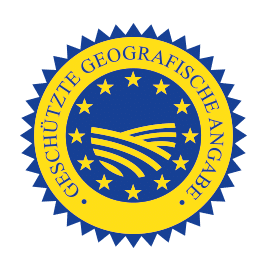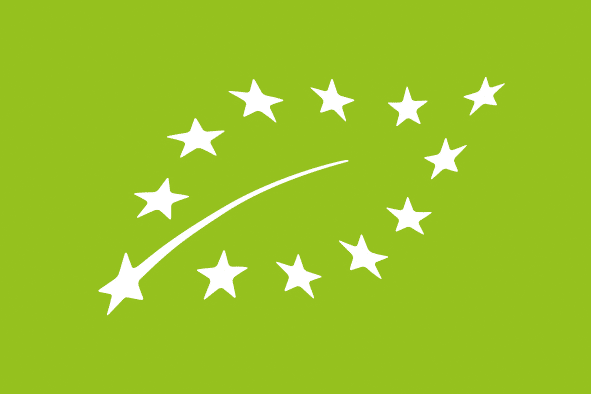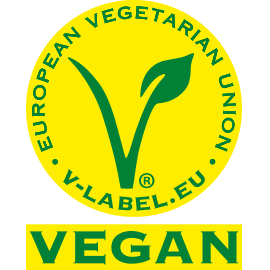KernAkuell December 2020, News
China transport becomes difficult
The threat of turbulence in the global pumpkin seed supply chain
Container shipping is the backbone of the global economy, but as a result of the coronavirus pandemic a number of factors are coming into play that have the potential to disrupt or even halt global supply chains, many of which operate on a just-in-time basis.
Since November there has been a shortage of freight space. Importers, dealers, producers and consumers will probably have to get used to longer waiting times for many products.
The worst thing – and something that was not foreseeable in the past months – is the sharp rise in freight rates.
For example, the price of sea freight from Xingang port increased by USD 5,000 per container between September and December 2020. This alone puts prices up by an incredible € 0.15 per kilo.
The hope that freight rates will fall will not be realised in the next few months: rates will continue to rise in January, February and March (Chinese New Year is in mid-February) and will probably not start to decrease again until April – import rates in the USA and UK have risen too much. Other factors are the boost as a result of online trade and the imposition of quarantine on many port workers, which has often paralysed entire terminals. Freight costs have in consequence become a major determinant of price, while GWS commodity prices themselves remain stable at the current level and there is thus no potential for the commodity itself to drive a fall in price until the 2021 harvest becomes available.
It is therefore important to ensure that all existing contracts are fulfilled in this difficult situation. Anyone who is still short on quantity should have the courage to lay in stocks now at the current, albeit high, level.
A recommended article on the subject can be found here (available in german only): Steigende Frachtraten für Containerschiffe zwischen Fernost und Europa [Rising freight costs for container ships between the Far East and Europe] – Sachwert magazine (sachwert-magazin.de)
The December 2020 issue of KernAktuell >>
Ein kleiner Einblick
The biggest contract grower
of oil pumpkins PGI
Alwera AG, Estyria’s parent company, is responsible for production of the raw goods via a contract farming system. The two companies have for some years maintained the largest PDI area of oil pumpkin in Austria and they know the fields and the farmers personally.
Read moreImmer auf dem neuesten Stand
A
one
stop
shop.
Traditional Styrian
stamp press process
While modernity has brought progress in many areas, the traditional Styrian stamp press process is still the best way of making pumpkin seed oil. The main difference between this and other pressing methods is that we work with open roasting pans. At our plant, people check when the pumpkin seeds are perfectly roasted and so will yield the very best oil. This enables our experienced oil millers to produce the pumpkin seed oil that has won more prizes than any other – and which as a result of this type of pressing retains all the natural constituents. The untreated oil is not filtered; the particles that make it cloudy settle naturally when the oil is left to rest.
Read more


